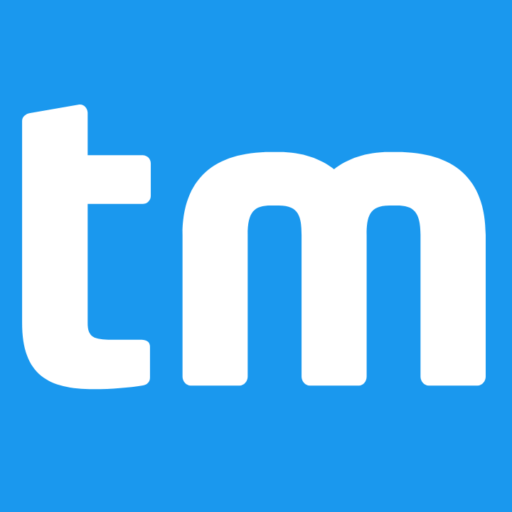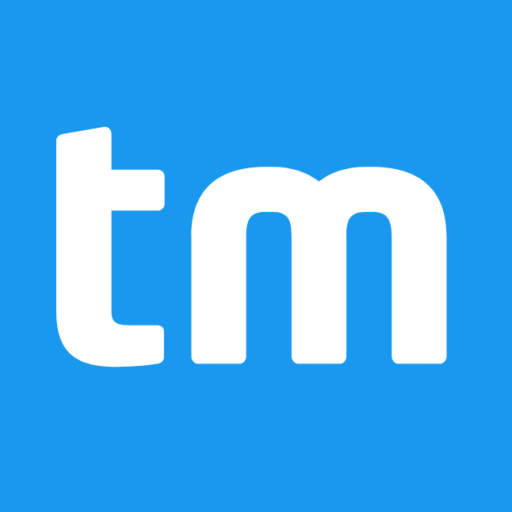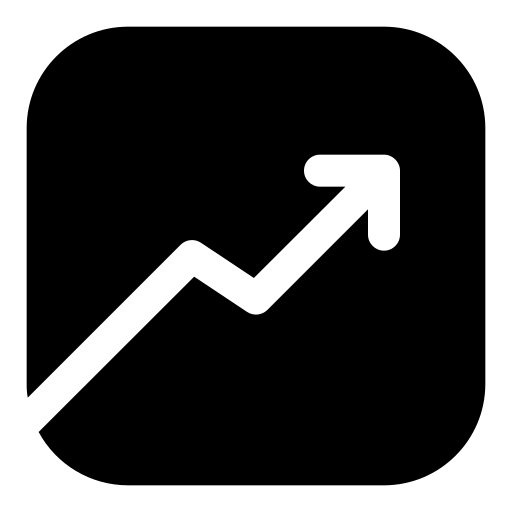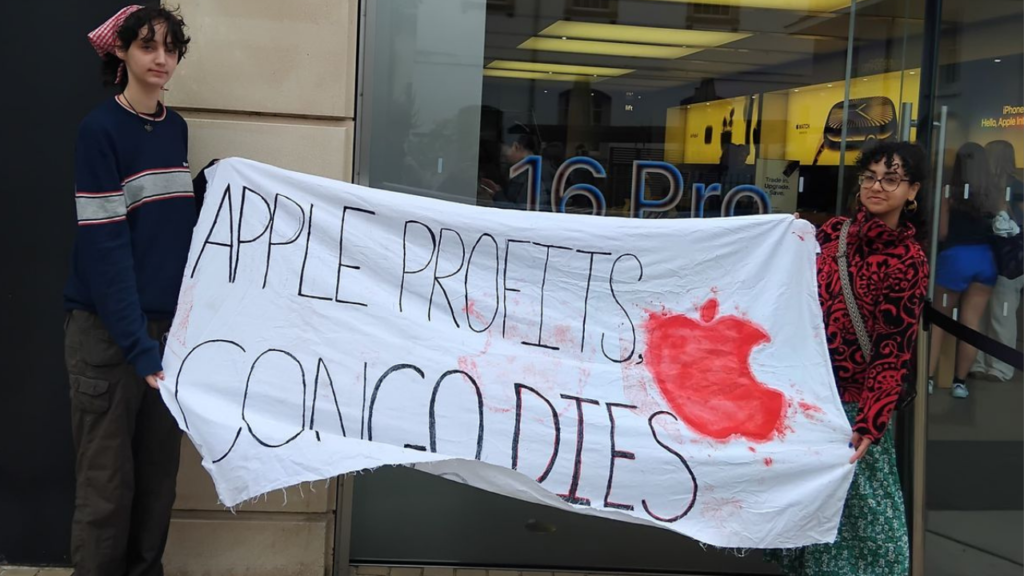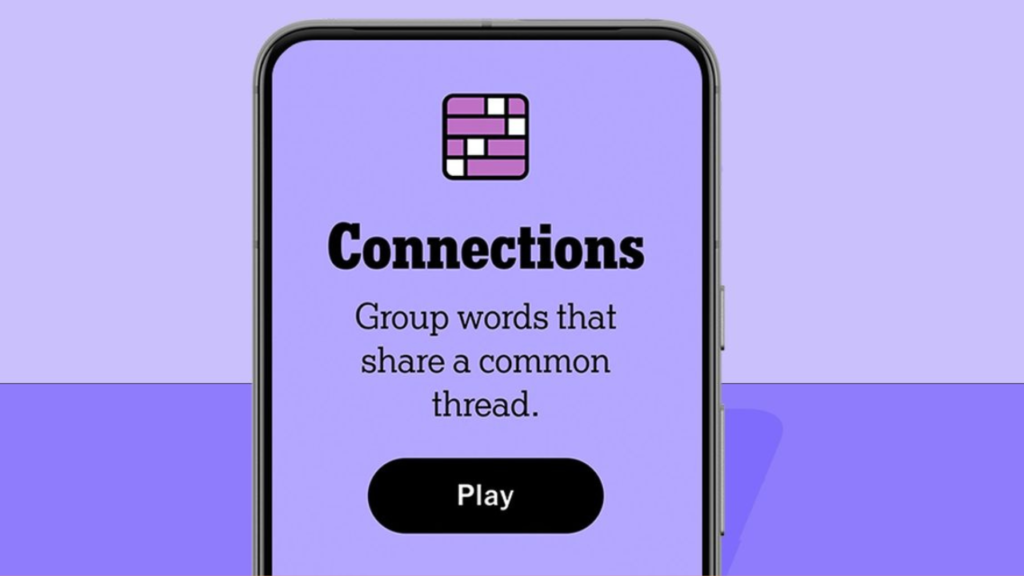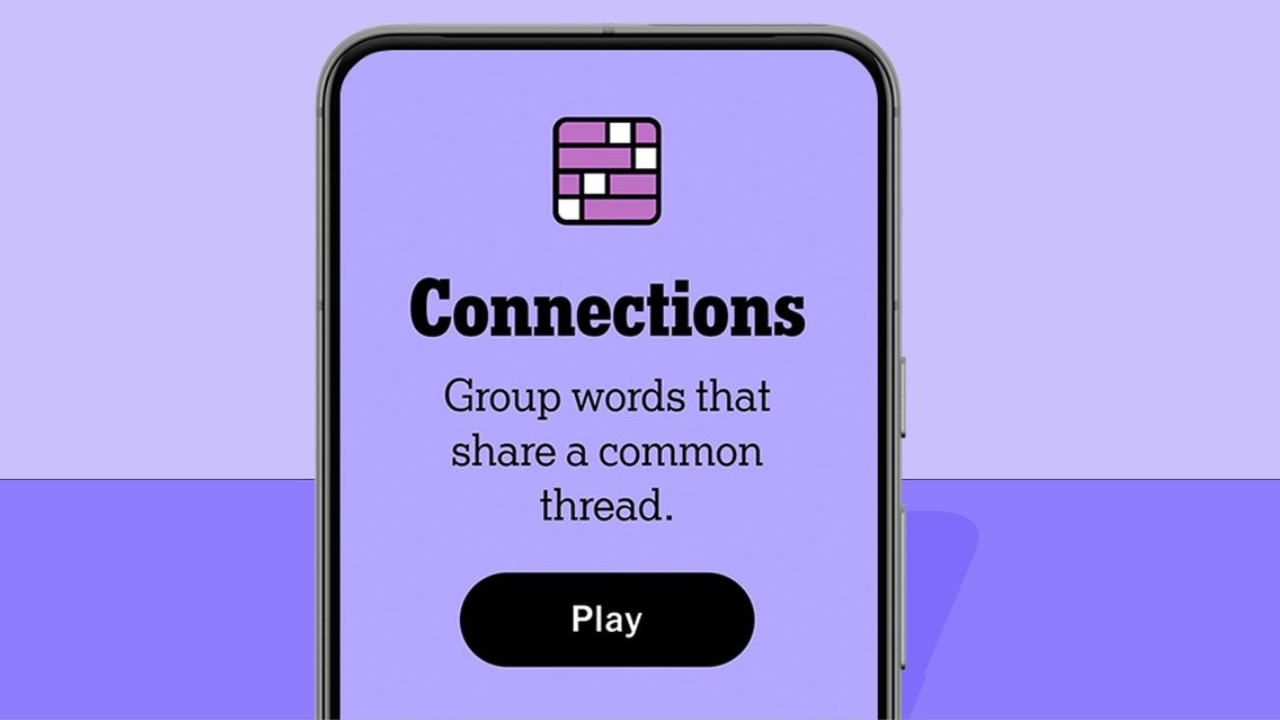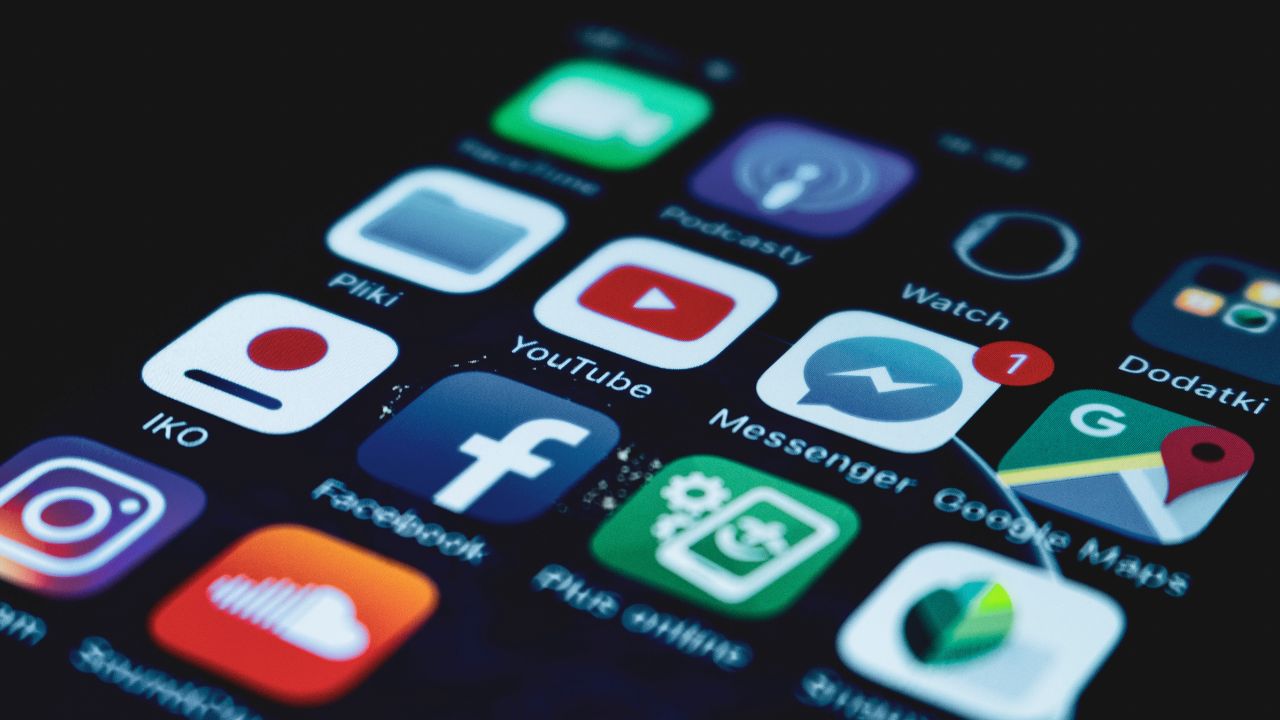As the much-anticipated iPhone 16 launched with fanfare, a wave of protests erupted across several cities in the United States and abroad. Demonstrators, including current and former Apple employees, took advantage of the product’s global spotlight to call for a boycott of Apple. They accuse the tech giant of turning a blind eye to humanitarian crises in the Democratic Republic of Congo (DRC) and ongoing violence in Gaza.
Apple’s Alleged Complicity in Global Crises
Protesters argue that Apple has played a role in the tragedies occurring in both Congo and the Gaza-Israel conflict. Demonstrators outside Apple Stores raised their voices against what they describe as Apple’s “complicity” in violence and exploitation. A protester named Lucy, quoted by the Bristol Post, expressed her outrage: “We’re here to stand against Apple’s involvement in the Congolese and Palestinian genocides.”
The accusations focus on Apple’s supply chain practices, particularly its sourcing of valuable minerals and its operations in conflict regions. Apple is said to obtain gold and “3T” minerals—tantalum, tin, and tungsten—from Congo, which are essential components in iPhone manufacturing. Although Apple ended relationships with certain smelters in the Congo in 2019, activists say the company still indirectly benefits from raw and refined materials linked to the conflict. In Gaza, protesters allege that Apple has remained silent on the region’s humanitarian crisis, despite pressure from within its workforce.
Ongoing Conflict in the Democratic Republic of Congo
The DRC has been a battleground for various armed groups, many supported by neighboring Uganda and Rwanda. These militias are accused of exploiting local resources, particularly coltan, a key mineral used in consumer electronics. “Militias backed by Uganda and Rwanda are killing, raping, and enslaving people to mine coltan,” said Lucy. “And Apple is buying that coltan.” The conflict in the Congo, which dates back to the 1990s, has caused immense suffering, with armed groups controlling mineral-rich regions through violence and forced labor.
Despite claims that Apple has distanced itself from some suppliers in the region, activists argue that its supply chain remains entangled with Congo’s conflict minerals.
Accusations of Silence on Gaza Conflict
Apple’s operations in Israel are another focal point of the protests. The company owns a major research and development center in Israel, which has been active since 2015. In April 2024, approximately 300 Apple employees urged the company to do more to support the Palestinian community, a plea that has yet to yield significant action.
Soraya, another protester, voiced frustration over Apple’s lack of response to the Gaza situation. “Apple has stayed silent on the war in Gaza, even though some of its own employees have spoken out,” she said. While CEO Tim Cook acknowledged the conflict in October 2023, saying his “heart goes out to the victims,” no further statements were made.
Internal Tensions at Apple Over the Conflict
In addition to the protests outside its stores, Apple has faced internal challenges related to employee activism. In late 2023, the company temporarily disabled Slack channels used by Jewish and Muslim employees, raising concerns about its stance on the Gaza-Israel conflict. Protesters claim that the channel for Muslim employees was permanently shut down, while Jewish employees retained access.
Further controversy arose in April 2024 when an Apple Store employee in Chicago was reportedly fired for wearing a keffiyeh, a traditional Palestinian garment. This incident sparked protests organized by a group called Apples4Ceasefire, who demanded a more transparent and fair response from the company.
Calls for a Global Boycott
The protests during the iPhone 16 launch are not just about raising awareness; they are calling for action. Demonstrators urged consumers to boycott Apple products and services, such as iCloud+ and Apple Music, in a bid to pressure the company into addressing their concerns.
The protesters hope that by targeting one of the world’s most valuable brands, they can push Apple to take a more active role in addressing the human rights abuses linked to its supply chain and global operations.
